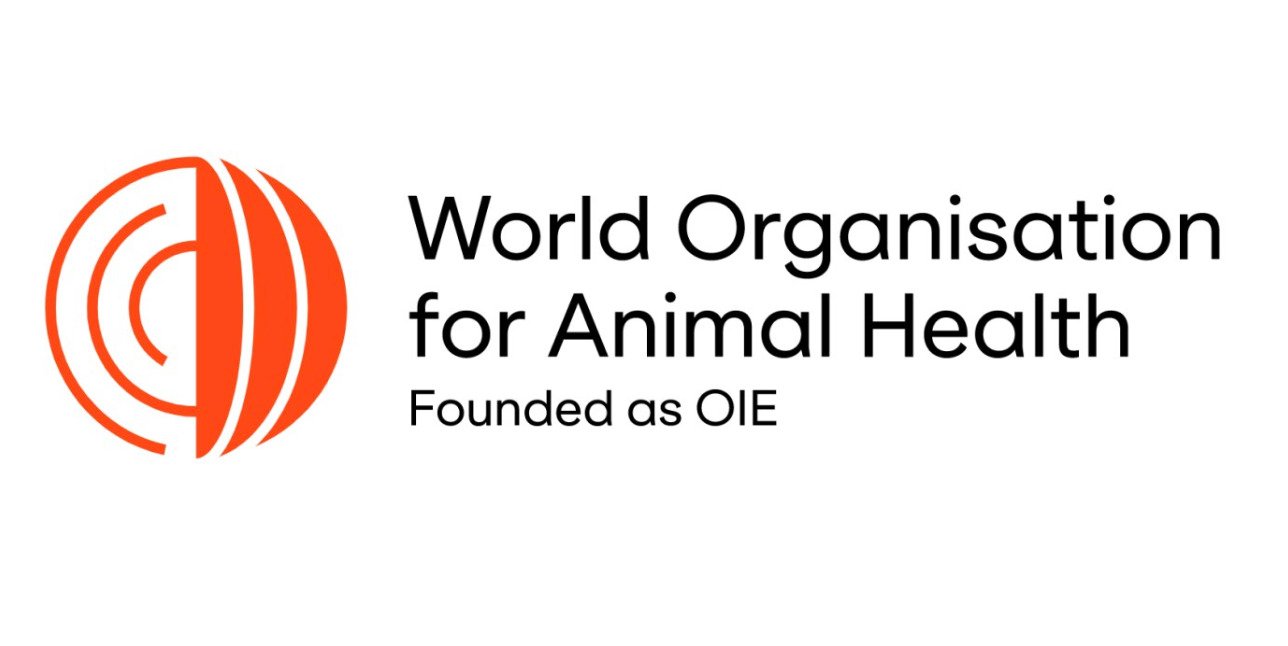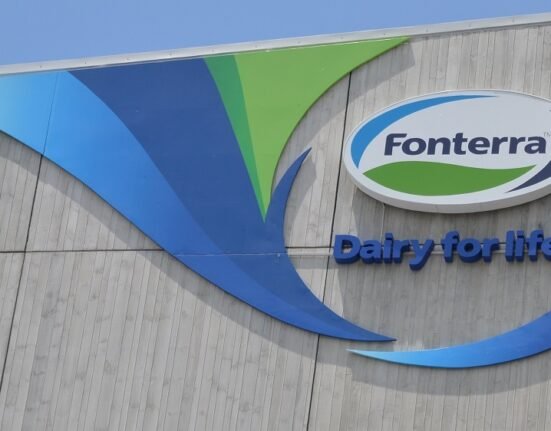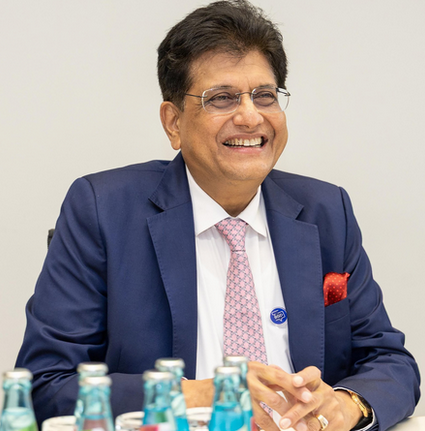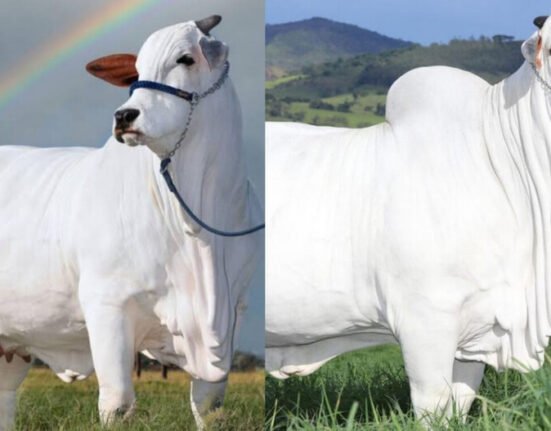The World Organisation for Animal Health (WOAH) has issued a strong call for broader use of animal vaccinations to combat the growing threat of deadly livestock diseases, including bird flu, which is now disrupting global food exports and raising public health alarms.
The call comes after Brazil, the world’s largest poultry exporter, reported its first-ever case of highly pathogenic avian influenza (HPAI) in domestic birds—prompting several countries to impose import bans on Brazilian poultry products.
“Vaccination is a very good tool, but countries must evaluate its relevance and feasibility within their regional contexts,” said WOAH Director General Emmanuelle Soubeyran ahead of the agency’s annual general assembly.
Mass Culling vs. Vaccination: A Shift in Global Strategy
Historically, countries have relied on culling infected animals and movement restrictions to control outbreaks. However, WOAH notes that vaccination could offer a more sustainable, trade-preserving solution if implemented with strong traceability and monitoring systems.
- Over 633 million birds have been culled due to bird flu in the past two decades.
- Outbreaks have cost billions in losses, disrupted supply chains, and caused significant food security risks.
- The virus has also jumped species — infecting mammals, including dairy cows in the U.S., and sparking fears of potential zoonotic pandemics.
India’s Stake in the Vaccination Debate
India, with its vast poultry population and growing dairy livestock base, faces similar vulnerabilities. While bird flu cases have been reported in parts of the country in recent years, there is currently no national policy promoting pre-emptive vaccination for avian influenza in commercial poultry.
The dairy industry, too, must watch developments closely as cross-species transmission has reached cattle in the U.S., signalling the need for stronger biosecurity and disease surveillance in India’s mixed-farming ecosystems.
“The risk to India’s poultry and dairy exports is real if trade partners begin enforcing stricter safety standards based on vaccination and traceability,” says a senior veterinary epidemiologist based in New Delhi.
Case Studies: Vaccination Success and Challenges
-
France reduced bird flu outbreaks from 300+ to just 10 after a nationwide duck vaccination campaign.
-
The U.S. and Canada lifted bans on French poultry in January 2025 due to improved DIVA-compliant monitoring (Differentiating Infected from Vaccinated Animals).
-
Vaccines helped eradicate rinderpest in 2011, demonstrating their effectiveness in controlling livestock diseases.
Still, cost remains a barrier. Vaccines require high investment, cold chain logistics, and rigorous tracking systems to prevent trade disruptions.
WOAH’s Global Framework for Vaccinated Livestock
To ease global trade concerns, WOAH is working on standardising the DIVA principle, enabling authorities and buyers to distinguish vaccinated animals from naturally infected ones. This system could unlock large-scale adoption of preventive vaccination while preserving market access.







